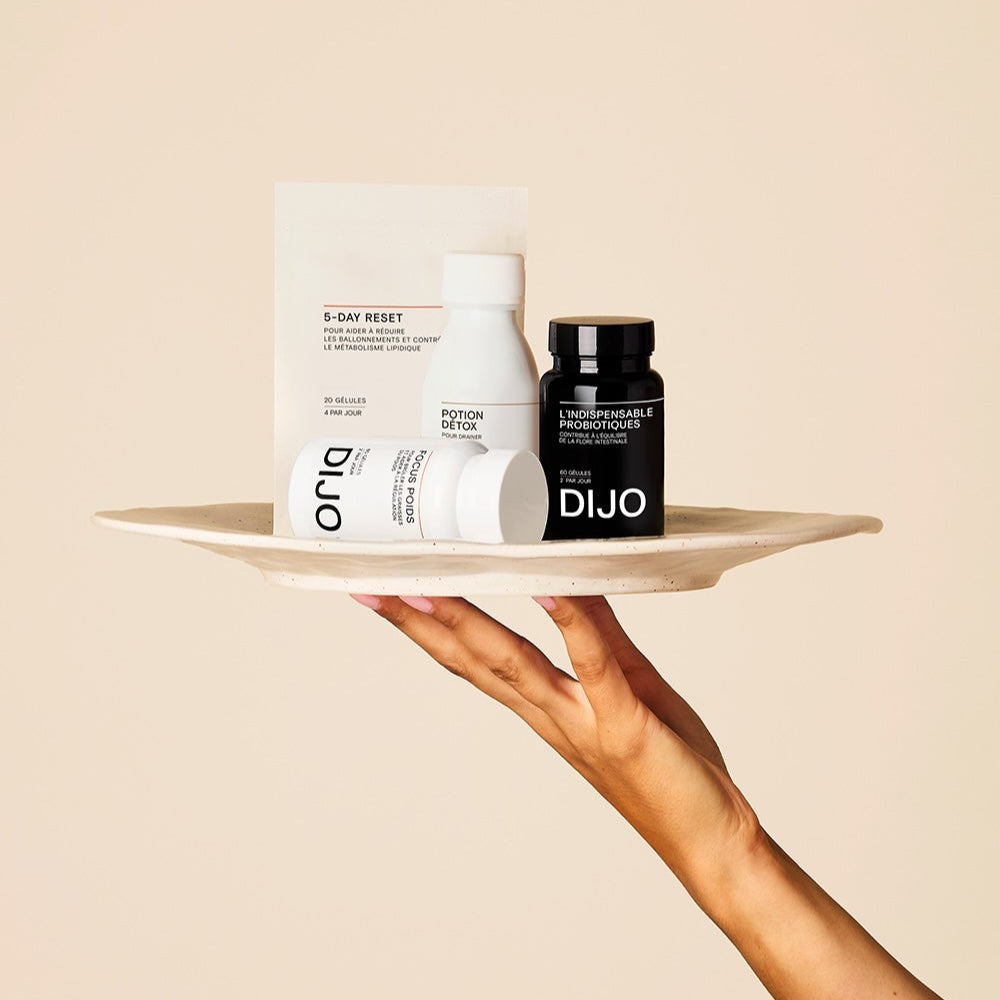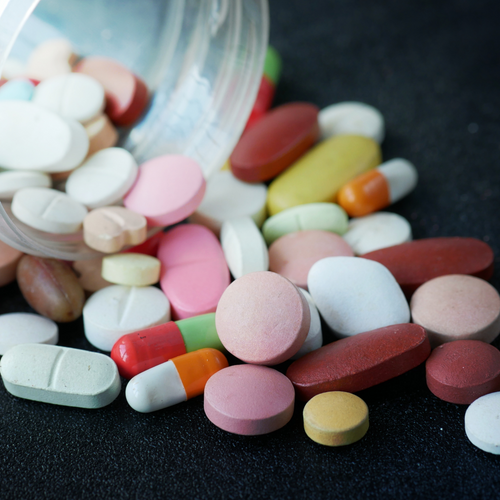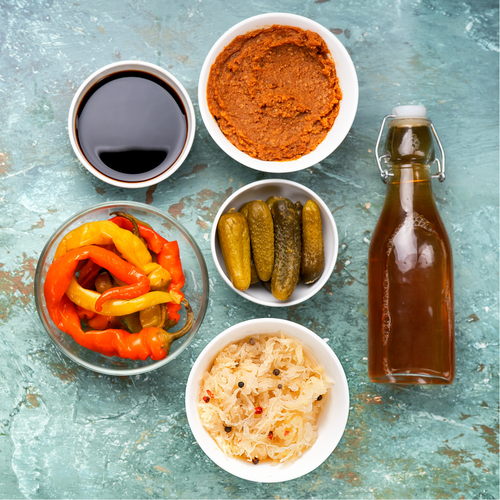What causes an imbalance in the ratio of good to bad bacteria that populate our intestines? What factors should be taken into consideration to maintain a certain balance in our microbiota? How can we restore harmony in our digestive system when intestinal dysbiosis has already set in? And what is dysbiosis? All these questions may have crossed your mind, or perhaps not, because intestinal dysbiosis is actually a little-known phenomenon , and yet it is the cause of many ailments. Let's try to see more clearly.
What is intestinal dysbiosis? ?
Intestinal dysbiosis refers to an unbalanced microbiota , which can no longer be characterized as healthy. Several reasons are implicated in the appearance of dysbiosis: a reduction in diversity in the bacterial ecosystem, a decrease in genetic richness and/or the excess presence of one or more pathogenic strains.
What are the causes of intestinal dysbiosis ? ?
This imbalance can first be caused by an underlying pathology, intestinal for example. But viral, bacterial and parasitic infections can also be the cause. If pathologies can be harmful to our flora, so can treatments . The best known are antibiotics. Another factor that our good bacteria do not really appreciate is sudden changes in diet , especially if it is to turn to foods rich in nutrients that are harmful to the body in high doses. Stress is also a factor influencing the composition of our microbiota. Finally, tobacco and excess alcohol do the same.
What are the symptoms of intestinal dysbiosis ? ?
The symptoms linked to dysbiosis are very broad, and we do not necessarily equate them with an imbalance of the microbiota at first. It can result in intestinal disorders (reflux, disrupted transit, bloating , etc.), psychological disorders (headaches, anxiety, insomnia, depression, etc.), skin problems (acne, psoriasis, etc.), gynecological infections , and even allergies . All these manifestations can result from intestinal dysbiosis , but this phenomenon remains little known, despite the interest of research in microbiotas, and we rarely rely on it to relieve symptoms.
Dysbiosis that persists over time can lead to more serious pathologies. Studies are increasingly establishing links between bacterial imbalance and chronic inflammatory bowel diseases, cancers, heart disease, etc. Don't panic, however, these diseases are partly associated with an unbalanced microbiota over the long term, and it is quite easy to restore the balance of these different flora.
Natural solutions to treat intestinal dysbiosis
The easiest and fastest way to restore good microbial diversity remains to take probiotic supplements. With a little research, you can find the strains that best match your health concerns. You'll feel the effects fairly quickly, but be careful to ensure the quality and freshness of the probiotics consumed for optimal effectiveness.
At DIJO, we have created the Feminine Balance pack, which brings together two probiotic cures. The essential probiotics , to act on the intestinal flora and restore the microbial balance, thanks to its 8 strains of bacteria. It is recommended to take a course of at least 2 months, to really feel the effects, when you feel the need, at each change of season... It is also entirely possible to take them continuously. Intimate flora probiotics helps strengthen the vaginal microbiota, thanks to its three strains specialized in the treatment of gynecological infections. The course is also to be taken over two months, in the case of repeated cystitis and/or mycosis, to be repeated with each vaginal infection.
Taking supplements should not lead to a constant in bad habits linked to dysbiosis. It is imperative to add to this a balanced diet , rich in probiotics and prebiotics if possible, and to move away as much as possible from the risk factors seen previously.
Sources:
[1] Tomasello, G., Mazzola, M., Leone, A., & Sinagra, E. (2016). Nutrition, oxidative stress and intestinal dysbiosis: Influence of diet on gut microbiota in inflammatory bowel diseases. Accessed November 8, 2021, at https://pubmed.ncbi.nlm.nih.gov/27812084/
[2] Yang, T., Santisteban, M., Rodriguez, V., & Gong, M. (2015). Gut Dysbiosis Is Linked to Hypertension . Accessed November 7, 2021, at https://pubmed.ncbi.nlm.nih.gov/25870193/
[3] Capuco, A., Urits, I., Hasoon, J., & Chun, R. (2020). Current Perspectives on Gut Microbiome Dysbiosis and Depression. Accessed November 7, 2021, at https://pubmed.ncbi.nlm.nih.gov/32130662/


















